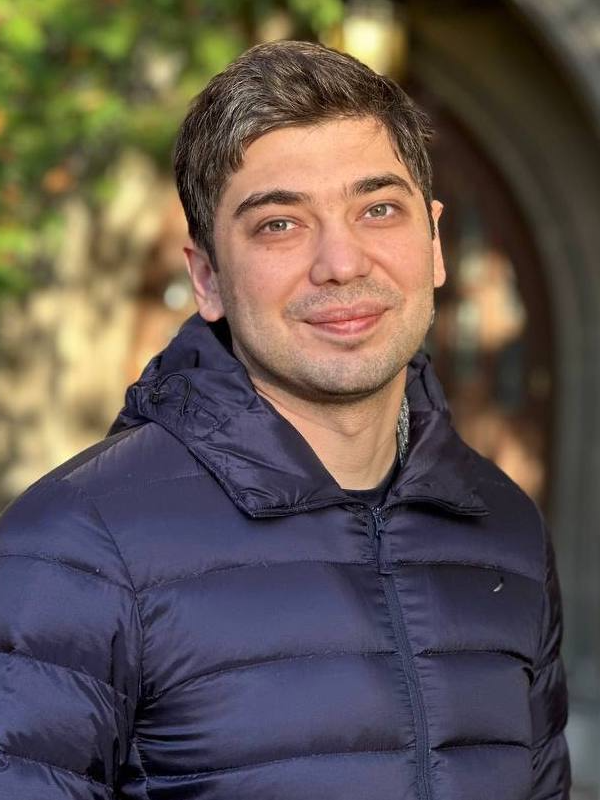Usmon’s research and teaching broadly focus on entanglements between Islam and secular modernity. He is currently working on a book manuscript, In the Shadow of Tradition: Soviet Secularism and Islamic Revival in Kyrgyzstan, which sheds light on the rise of secularism in Soviet Central Asia and ethnographically examines how Soviet secular categories continue to shape the lives of Central Asian Muslims. His article developing this project appeared in Comparative Studies in Society and History in April 2024. Usmon’s work has received support from the Wenner-Gren Foundation, the Global Religion Research Initiative, ZEIT-Stiftung Ebelin und Gerd Bucerius, and the Social Sciences and Humanities Research Council of Canada. At Penn, Usmon is expanding his research on contemporary Islam by exploring the trajectory and ethics of Tablighi Jamaat, one of the world’s most influential Islamic movements, in contemporary Central Asia.
Usmon Boron
Andrew W. Mellon Postdoctoral Fellow in the Humanities
2024—2025 Forum on Keywords
Usmon Boron
Religious Studies
University of Toronto, 2022
Toward an Ethics of Friendship: Tablighi Jamaat in Post-Soviet Kyrgyzstan
After the fall of the USSR, Central Asia emerged on the radar of transnational Islamic movements. Among the first to gain a foothold in the region was Tablighi Jamaat, a missionary movement that originated in nineteenth-century India. While most Central Asian states eventually banned the movement, Kyrgyzstan did not, allowing Tablighi Jamaat to win the hearts of thousands of local Muslims. A defining characteristic of the movement is its emphasis on forging interpersonal bonds among its members through regular proselytizing activities. Exploring these activities ethnographically, I argue that Tablighi Jamaat’s ethics of interpersonal relationships is best understood through the Islamic concept of suhba, or “friendship.” I demonstrate that Tablighi Jamaat’s suhba not only challenges liberal notions of friendship but also complicates several assumptions underlying major ideas of friendship in the Western philosophical tradition.



